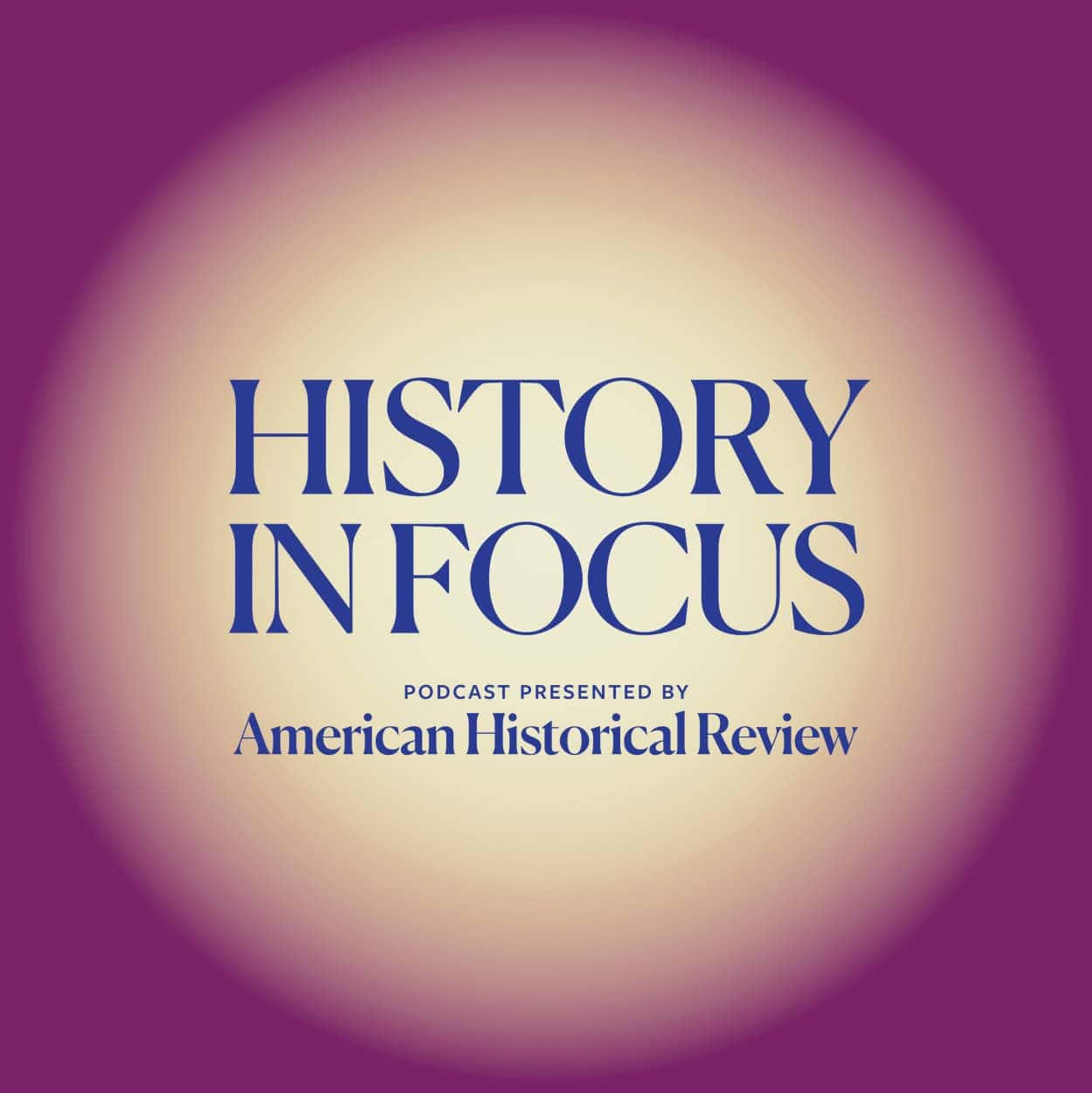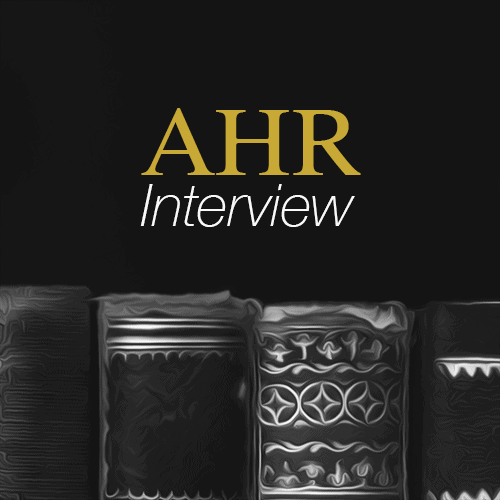
About the History in Focus Podcast
History in Focus is a podcast by the American Historical Review. Go behind the scenes with the world's leading history journal as we explore the who, what, how, and why of doing history in the 21st century.
Each month, the latest AHR issue will be the jumping off point for a deeper dive into historical content and practice, highlighting the work of historians and other scholars who work in and outside of the academy. You'll still hear interviews but also more immersive storytelling and off-the-cuff banter as we seek to peel back the curtain on the AHR and the work of history more broadly.
Follow us on Amazon Music, Spotify, Apple Podcasts, and more.
All Episodes
Search
Season
Thematic
Geographic
AHA Topics
Mistakes I Have Made
Revisted: Soil and Memory
State of the Field for Busy Teachers: Graphic History
State of the Field for Busy Teachers: LGBTQ+ History
State of the Field for Busy Teachers: Native American History
State of the Field for Busy Teachers: African History
The Craft of Writing History with Drafting the Past’s Kate Carpenter
Big Asia
Our Team

Podcast Production Team
History in Focus is produced and hosted by Daniel Story. The podcast is a production of the American Historical Review in partnership with the AHA and the University Library at the University of California, Santa Cruz.
Other members of the podcast team include:
Mark Philip Bradley, Editor of the AHR
Syrus Jin, Assistant to the Editor, AHR
Phoebe Rettberg, Audio Engineering Assistant
Alexandra Levy, Communications Director at the AHA
Sarah Muncy, Managing Editor, AHR
Alana Venable, Deputy Managing Editor, AHR

AHR Interview
AHR Interview ran from 2018-2021. The podcast presented brief discussions with historians whose work has appeared in the American Historical Review. Sometimes the interview accompanied an article or a featured review in a current or recent issue; other times it featured a scholar who had recently been in the news, but whose work appeared in the journal in the past. These accessible and user-friendly podcasts highlight historical scholarship of wide interest and enormous import for issues of the day.
American Historical Review
The American Historical Review is the flagship journal of the AHA and the journal of record for the historical discipline in the United States, bringing together scholarship from every major field of historical study.
